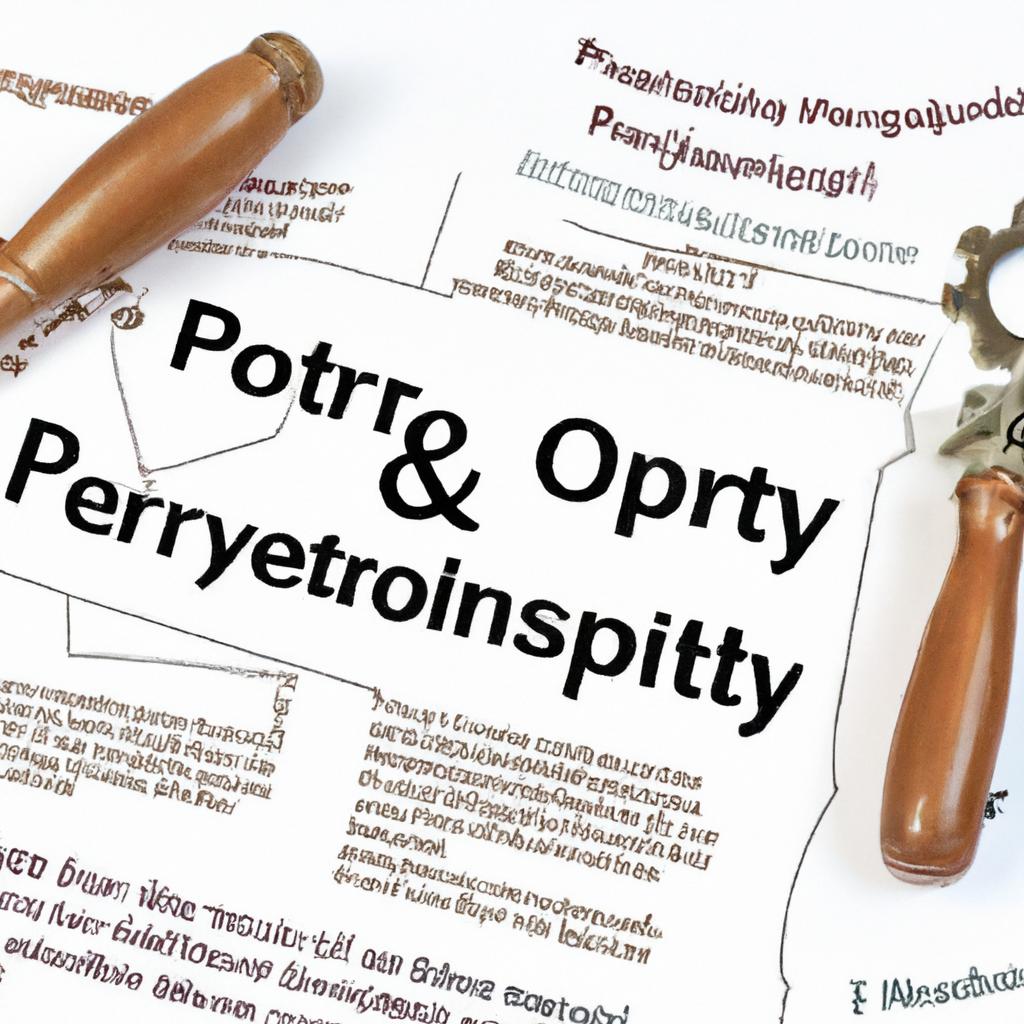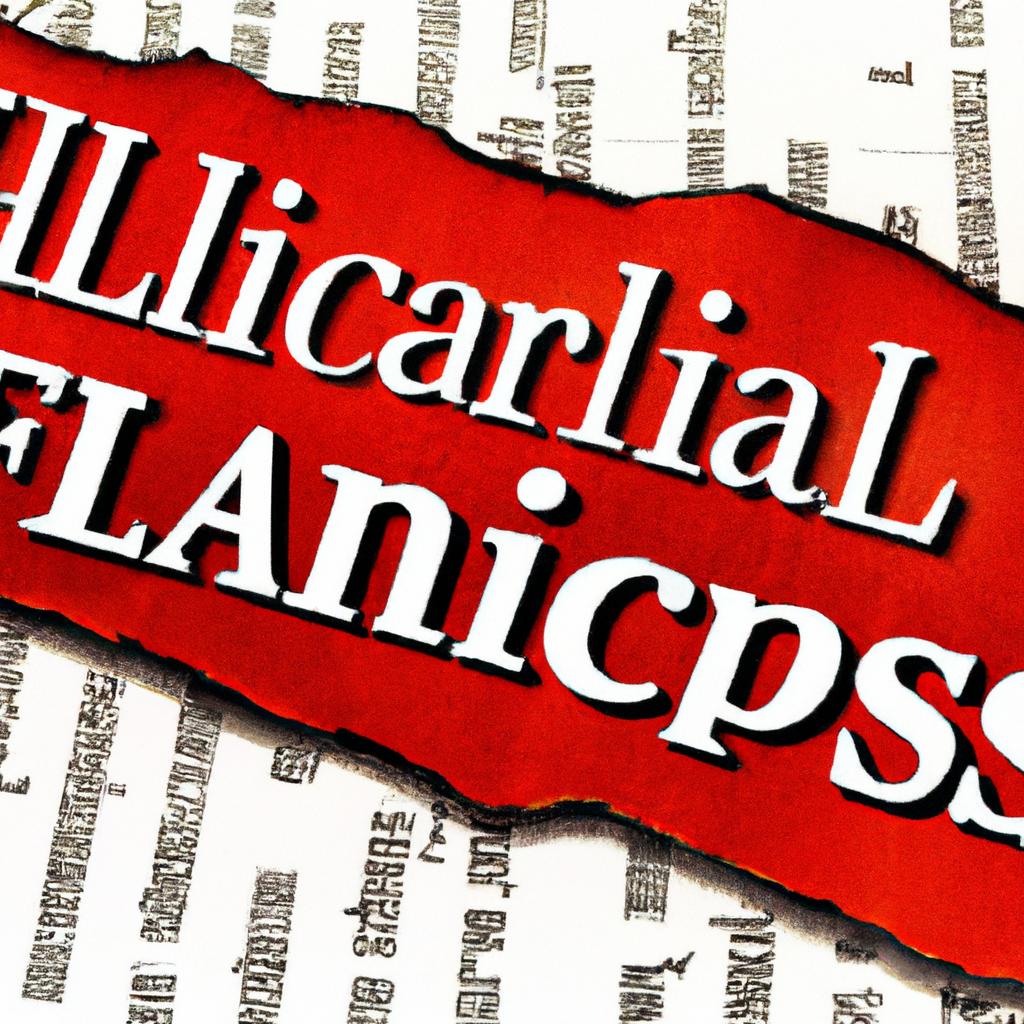As seasoned practitioners in the realm of estate planning, we understand the intricate details surrounding asset distribution upon one’s passing. In navigating the complexities of estate law, it becomes essential to discern which assets are not considered part of an estate. In this article, we delve into the nuanced realm of non-probate assets, shedding light on the assets that fall outside the purview of traditional estate administration. Join us as we explore the intricacies of asset ownership and distribution, unravelling the mysteries that surround the boundaries of estate inclusion.
Assets Excluded from an Estate
When it comes to estate planning, it’s crucial to understand which assets are not considered part of an estate. These assets are not subject to probate and are typically not distributed according to the terms of a will. Knowing what these assets are can help you ensure that your estate plan is comprehensive and that your loved ones are taken care of.
Assets that are excluded from an estate may include:
- Jointly Owned Property: Property owned jointly with rights of survivorship will pass directly to the surviving owner.
- Retirement Accounts: Assets held in retirement accounts such as 401(k)s and IRAs typically pass directly to designated beneficiaries.
| Asset Type | Example |
|---|---|
| Life Insurance Policies | $500,000 life insurance policy |
| Payable-on-Death Accounts | $50,000 in a savings account |

Navigating Trusts and Beneficiary Designations
In estate planning, it is important to understand which assets are not considered part of an estate. These assets are typically not subject to probate and are therefore not included in the distribution of the deceased’s estate. By designating beneficiaries for these assets, you can ensure that they pass directly to the intended recipients without the need for court intervention.
Some common assets that are not considered part of an estate include:
- Retirement accounts such as 401(k)s, IRAs, and pensions
- Life insurance policies
- Jointly owned property with rights of survivorship
- Payable-on-death (POD) or transfer-on-death (TOD) accounts

Understanding Jointly Owned Property
When considering what assets are not considered part of an estate, it is important to understand that jointly owned property is often excluded. Jointly owned property typically includes assets that are co-owned with another individual, such as a spouse, partner, or family member. This type of ownership allows for the property to pass directly to the surviving owner upon the death of one party, without the need for probate.
In general, assets that are jointly owned and pass by survivorship include:
- Joint Tenancy with Right of Survivorship (JTWROS): This type of ownership allows for the asset to automatically pass to the surviving owner upon the death of the other owner.
- Tenancy by the Entirety: This form of ownership is reserved for married couples and allows for the property to pass directly to the surviving spouse.
- Community Property with Right of Survivorship: In states that recognize community property, assets acquired during marriage are considered jointly owned and will pass directly to the surviving spouse.

Unforeseen Pitfalls in Life Insurance Policies
In the realm of estate planning and life insurance policies, it is crucial to understand which assets are not considered part of an estate. These assets play a significant role in avoiding unforeseen pitfalls that may arise when it comes to distributing your assets to your loved ones. It is essential to identify and properly address these assets to ensure that your wishes are carried out smoothly.
Assets that are typically not considered part of an estate include:
- Jointly Owned Property: Assets owned jointly with rights of survivorship automatically pass to the surviving co-owner.
- Retirement Accounts: Funds in retirement accounts, such as 401(k)s and IRAs, pass directly to the named beneficiaries.
- Life Insurance Policies: Proceeds from life insurance policies go directly to the named beneficiaries, bypassing probate.
Q&A
Q: What assets are not considered part of an estate?
A: Assets such as joint tenancy property, life insurance proceeds, retirement accounts, and assets held in a living trust are not considered part of an estate.
Q: Can you explain what joint tenancy property is?
A: Joint tenancy property is a type of ownership where two or more people own property together with rights of survivorship. When one joint tenant passes away, their share automatically transfers to the surviving joint tenant(s) without going through probate.
Q: How about life insurance proceeds?
A: Life insurance proceeds are not considered part of an estate because they typically go directly to the named beneficiaries on the policy upon the policyholder’s death.
Q: What about retirement accounts?
A: Retirement accounts, such as 401(k)s, IRAs, and pension funds, are not considered part of an estate because they have designated beneficiaries who will receive the funds upon the account holder’s death.
Q: And assets held in a living trust?
A: Assets held in a living trust are not considered part of an estate because the trust itself becomes the legal owner of the assets, allowing them to pass directly to the beneficiaries named in the trust document without going through probate.
The Way Forward
In conclusion, it is important to understand that not all assets are part of an estate. From digital assets to joint tenancy properties, there are various types of assets that fall outside the scope of traditional estate planning. By having a clear understanding of what assets are not considered part of an estate, individuals can take the necessary steps to ensure their wishes are carried out effectively. Remember, consulting with a legal professional can help you navigate the complexities of estate planning and ensure your assets are protected for future generations. Thank you for reading.
 Assets play a crucial role in our lives, providing us with financial security, a sense of ownership, and even sentimental value. However, when it comes to estate planning, it is essential to understand which assets are and are not considered part of your estate. This knowledge can greatly impact the distribution of your assets after your passing, and ensure that your wishes are carried out accordingly. In this article, we will explore the assets that are not considered part of an estate, and how to properly account for them in your estate planning.
Assets play a crucial role in our lives, providing us with financial security, a sense of ownership, and even sentimental value. However, when it comes to estate planning, it is essential to understand which assets are and are not considered part of your estate. This knowledge can greatly impact the distribution of your assets after your passing, and ensure that your wishes are carried out accordingly. In this article, we will explore the assets that are not considered part of an estate, and how to properly account for them in your estate planning.
What is an Estate?
Before we dive into the assets that are not considered part of an estate, it is essential to understand what an estate is. Simply put, an estate refers to everything you own – both tangible and intangible – at the time of your passing. It can include your home, investments, bank accounts, vehicles, personal belongings, and more. Your estate is managed and distributed according to your will, or if you do not have one, based on state laws of intestate succession.
Assets Not Considered Part of an Estate
1. Life Insurance Policies
One of the most commonly misunderstood assets when it comes to estate planning is life insurance policies. While the proceeds from a life insurance policy can provide financial support to your loved ones after your passing, the policy itself is not considered part of your estate. This means that the proceeds from your life insurance policy do not go through the probate process and are not subject to estate taxes.
2. Retirement Accounts
Retirement accounts, such as 401(k)s, IRAs, and pensions, are also not considered part of an estate. These assets are typically distributed according to the beneficiary designations you have selected. However, if you have not designated a beneficiary or if the designated beneficiary has already passed away, these assets may end up going through probate. It is crucial to regularly review and update your beneficiary designations to ensure that your retirement accounts are distributed as per your wishes.
3. Jointly-Owned Property
Any property that is owned jointly with someone else, such as a spouse, is not considered part of your estate. This means that the co-owner will automatically inherit the property in the event of your passing, regardless of what your will states. Examples of jointly-owned assets include bank accounts, real estate, and vehicles.
4. Payable-on-Death (POD) Accounts
Similar to life insurance policies, payable-on-death accounts are not considered part of your estate. These accounts, also known as transfer-on-death accounts, allow you to designate a beneficiary who will inherit the account’s assets upon your passing. These assets do not go through probate and are not subject to estate taxes.
5. Trust Assets
Assets held in a trust are not considered part of your estate, as they are managed and distributed as per the terms of the trust. By creating a trust, you can ensure that your assets are distributed to your designated beneficiaries without going through probate. Additionally, trusts can provide additional benefits such as asset protection and minimizing estate taxes.
6. Gifts Given Before Your Passing
If you have gifted assets to someone before your passing, those assets are no longer considered part of your estate. However, there is a time limit for this rule – if you passed away within three years of gifting the asset, it may still be subject to estate taxes.
7. Certain Business Interests
If you own a small business or have shares in a closely held corporation, these assets may not be considered part of your estate. Depending on the structure of the company, your shares may pass directly to your designated beneficiaries or be distributed according to the operating agreement.
8. Joint Tenancy with Right of Survivorship
Similar to jointly-owned property, assets held in joint tenancy with right of survivorship automatically transfer to the co-owner in the event of your passing. Common examples of joint tenancy with right of survivorship include real estate, bank accounts, and investment accounts.
Why Knowing What Assets are Not Considered Part of an Estate is Important
Understanding which assets are not considered part of an estate is crucial for effective estate planning. By properly accounting for these assets, you can ensure that your wishes are carried out and your loved ones are taken care of. In addition, knowing which assets may not go through probate can save time and reduce the potential for conflicts among beneficiaries.
Tips for Properly Accounting for Assets Not Considered Part of an Estate
1. Review and Update Beneficiary Designations Regularly
As mentioned earlier, retirement accounts and life insurance policies are not considered part of an estate, and their distribution is determined by the designated beneficiaries. It is crucial to regularly review and update these designations to ensure that your intended beneficiaries are accounted for.
2. Consider Creating a Trust
A trust can be an effective tool for managing and distributing your assets, avoiding probate, and minimizing estate taxes. Consulting with an estate planning attorney can help you determine if a trust is the right option for you and your unique situation.
3. Keep Detailed Records of Gifts Given
If you have gifted assets to someone before your passing, keep detailed records to ensure that those assets are not subject to estate taxes.
In conclusion, knowing which assets are not considered part of an estate is a crucial aspect of effective estate planning. By understanding these assets and properly accounting for them, you can ensure that your wishes are carried out and your loved ones are taken care of. Be sure to regularly review and update your estate plan to account for any changes in your assets or family situation. Consult with an estate planning attorney for expert guidance and to ensure that your estate plan is comprehensive and up to date.

